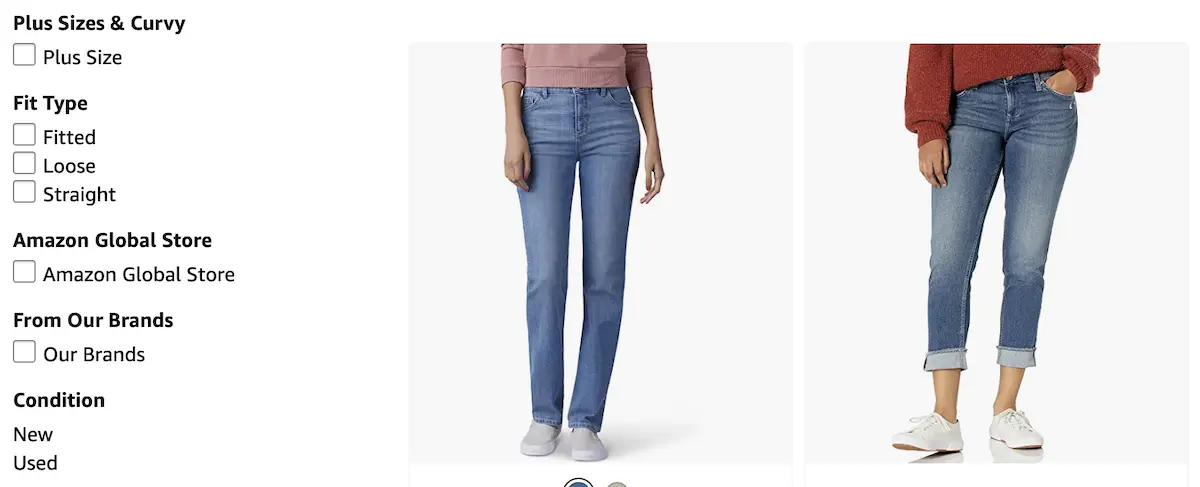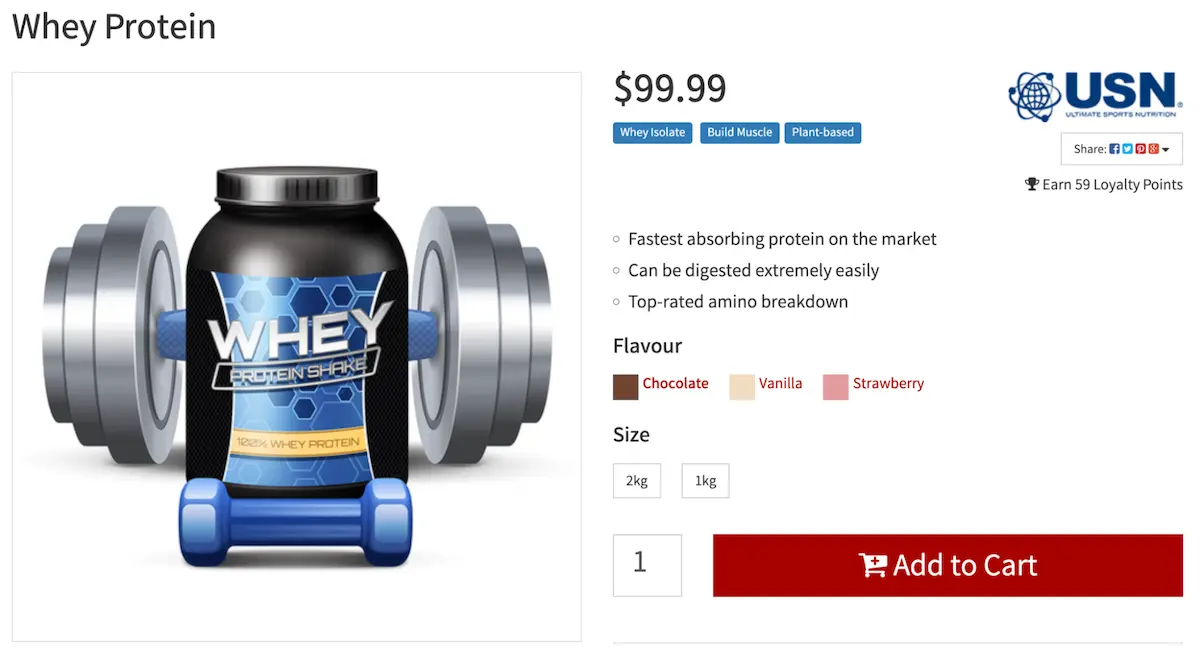Are Product Tags Good For SEO? Best Practices For Product Tags
In our fiercely competitive economy, companies need every advantage they can get. That’s why SEO is such a crucial part of modern marketing, especially for ecommerce businesses who might be competing with hundreds of similar companies online. If you’re one such business, you may be wondering if product tags are good for SEO, and whether adding them to your website can help to nudge your products up Google’s rankings.
Before we answer that question, let’s quickly go over what product tags are.
What are product tags on ecommerce websites?
On ecommerce websites, product tags are descriptive labels that show on the product page, allowing customers to quickly learn useful information like its category, brand, colour, material, size, and product classification. They are a form of product metadata, and also a type of ecommerce marketing.
Products can have a variety of features and characteristics that customers may want to know. This information is usually included in the product’s description, but when it’s added separately as product tags, the customer has a much faster way to find it, which improves the UX of the page, and boosts sales. Product tags are particularly useful for complicated products with lots of characteristics.
Product tags may be designed to look like real-world labels, and are usually displayed side-by-side near the product’s key information where they can be easily spotted. In the image below, you can see an example of product tags being used for a whey protein product, which uses the tags “whey isolate” to convey the type of protein, “build muscle” to convey a common usage, and “plant-based” to appeal to vegetarian and vegan customers.
In addition to displaying on the product page, product tags may also show as filters on the category page, giving customers another way to search for products. This is an incredibly useful feature that improves people’s ability to find their desired products, which can lead to higher sales. For this reason, product tags are also well-suited to businesses who sell lots of different products, or have a large variety of products that are naturally harder to find.

Finally, product tags can be useful for sales reporting. Managers can run reports that analyse sales performance for each tag, which gives them a greater understanding of their high (and low) performers, and may influence their marketing, sales, and even manufacturing decisions.
Are product tags good for SEO?
Product tags do not have any SEO benefit. The key features and characteristics of a product should already be included in the description, which search engines can index and display in their results. By adding them separately as labels, the information is just being doubled up, so it’s highly unlikely to provide any ranking improvements. If your product description is missing this crucial information, adding it in product tags may provide some small SEO benefit, but it’s much better to include it in the description itself where Google expects to find it.
What does provide immense SEO benefit is adding structured data (a form of on page SEO), which spells out the product’s characteristics in a language that Google understands. By listing out every key attribute in the correct coding format, like the product’s brand, price, colour, and customer rating, Google can choose to display this information in its search results, allowing people to quickly spot it. If the product has an attribute that the customer wants, this vastly increases the likelihood of them clicking on it. This is not only great for profits, but also sends positive user signals to Google which tells them that your product is what people are looking for during their search, resulting in a potential ranking boost. Most major platforms (Shopify, BigCommerce, WooCommerce, etc.) should allow you to add structured data for your products. But depending on your system, you may need the help of a web developer.
Product tags on Shopify websites can actually harm your SEO if you’re not careful. Individual product tags have their own URL on Shopify, which can lead to duplicate content issues. An example of this would be using categories or brands in your product tags, which may already exist as separate pages on the website. When Google finds two URLs for the same category, one of them a regular category page, and one of them a product tag, they may not know that your category page is the correct one to index, and end up showing the product tag page which has a limited number of products. For this reason, it’s best to never use categories or brands as product tags on Shopify.
Are product tags good for SEO—summary
Product tags are a great practice for the user, but not for SEO. They are designed to make it easier for customers to find and understand products—a quick way for them to learn key characteristics that they are looking for in a product, which they can also use as filters when searching for them. They are not designed for any SEO benefit. Instead, drastic SEO improvements can be gained by adding structured data for each product, which sits in the background and tells Google the characteristics in the format that they request, so that they can choose to display some of them in their search results.



